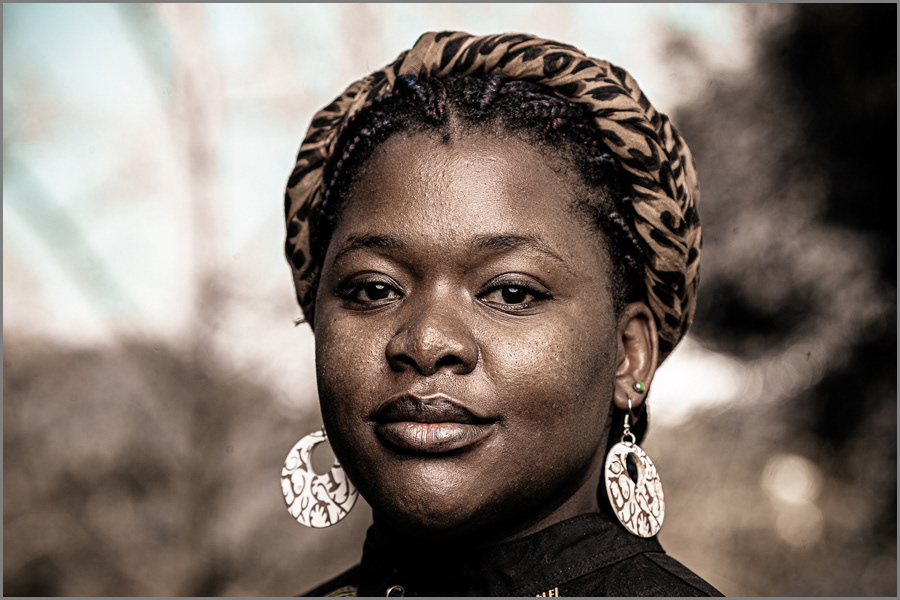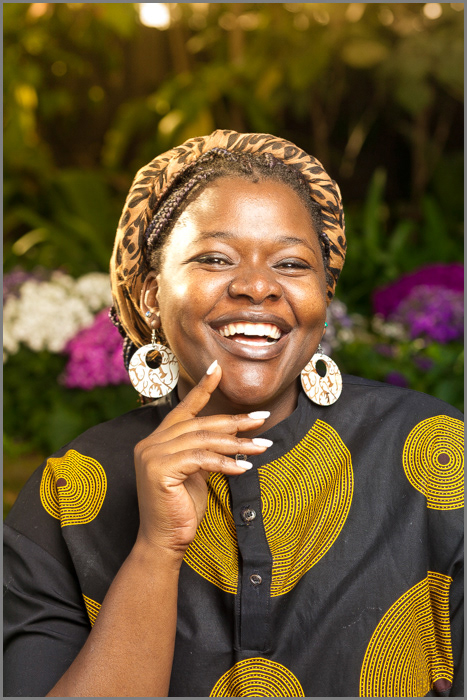Courteney Mantiziba
A mother of 2 girls, Courteney (33) came from a broken home, and in marrying her husband, Tapiwa, she vowed to create a stable home for her daughters.
Growing up in Dzivarasekwa with her own two sisters, Courteney remembers how she and her sisters would run onto the streets when it was rained on, something today's children cannot do. Relocating to Botswana with her mother, Gaborone was far from the high-density neighborhood Courteney grew up in. "We were now in a better-looking house, access to all types of food. It gave me a wider appreciation of how different our lives can be."
Courteney believes the constant migration to different countries and change in schools made her more accepting of different cultures and nurtured her acceptance of differences: in the environment, culture, and perspectives. She works as a marketing consultant, and her background has contributed to how she understands the contrasting cultures and environments she works with and in.
Like her mother, Courteney has been teaching her daughters maths and how to become responsible. Through Nhodo, she teaches her daughters how to subtract and, inadvertently, hand-eye coordination. Through Pada (hopskotch), she teaches her daughters to be responsible for their chimboga and ensure they don't step on it. She likens this to the ongoing COVID-19 induced pandemic where parents need to create safe zones and she, in turn, explains the safe zone to her children through pada to ensure they adhere to it.
Courteney shares two nganos, one of which she ceded to Paulina Bepura. Her ngano is about a young man who visits his betrothed and fails to enquire about the community and land he visits, thereby disrespecting the environment. Zimbabwe has a lot of sacred forests, and bodies of water, and our young man takes a shortcut through them. The ongoing COVID-19 environment has led to increased crimes, and Courteney extends the meaning of her ngano to disrespecting the next person's property.



[Whispering Silence] This project was made possible with support from Africalia and the Directorate-General for Development Cooperation of Belgium.